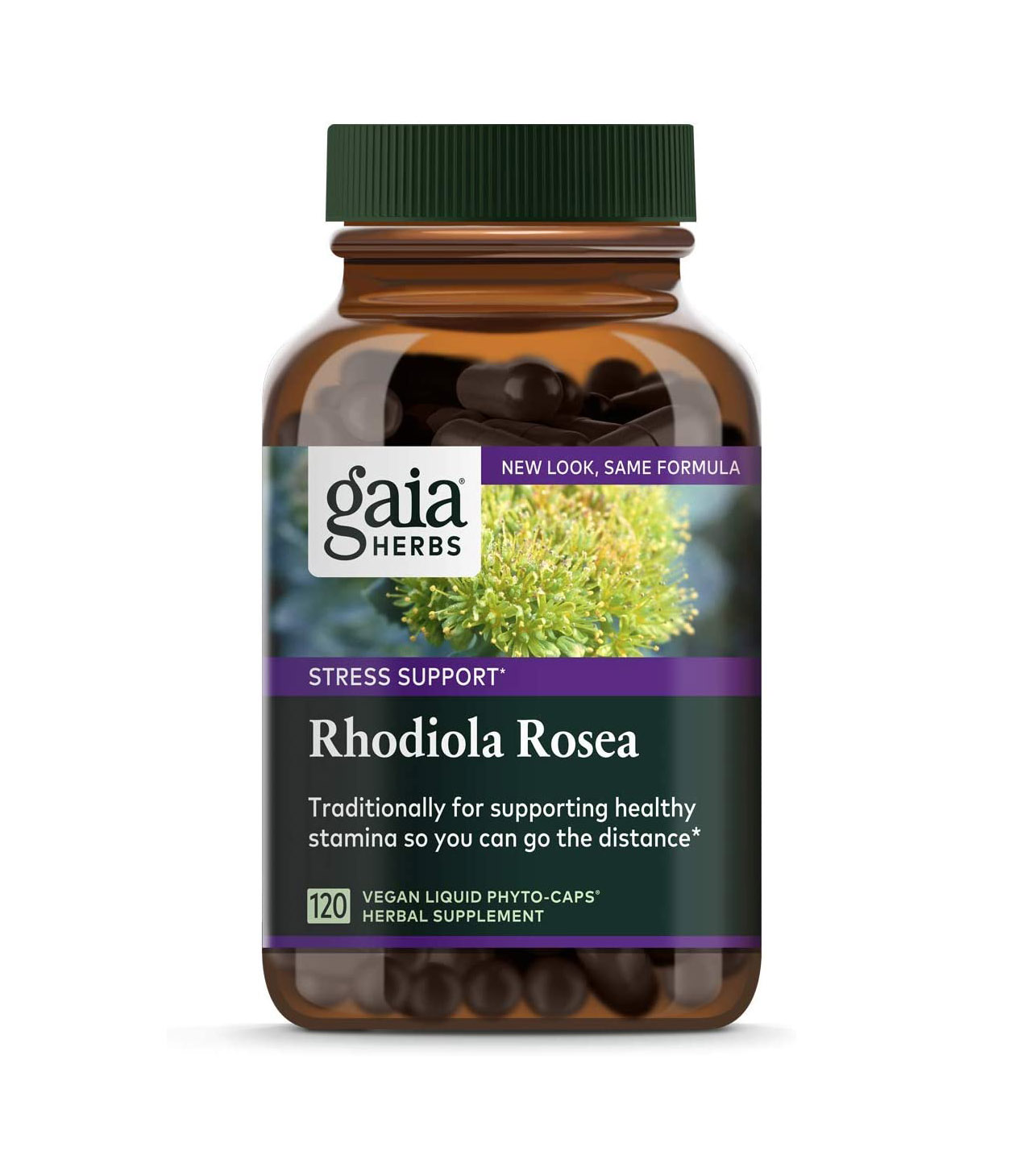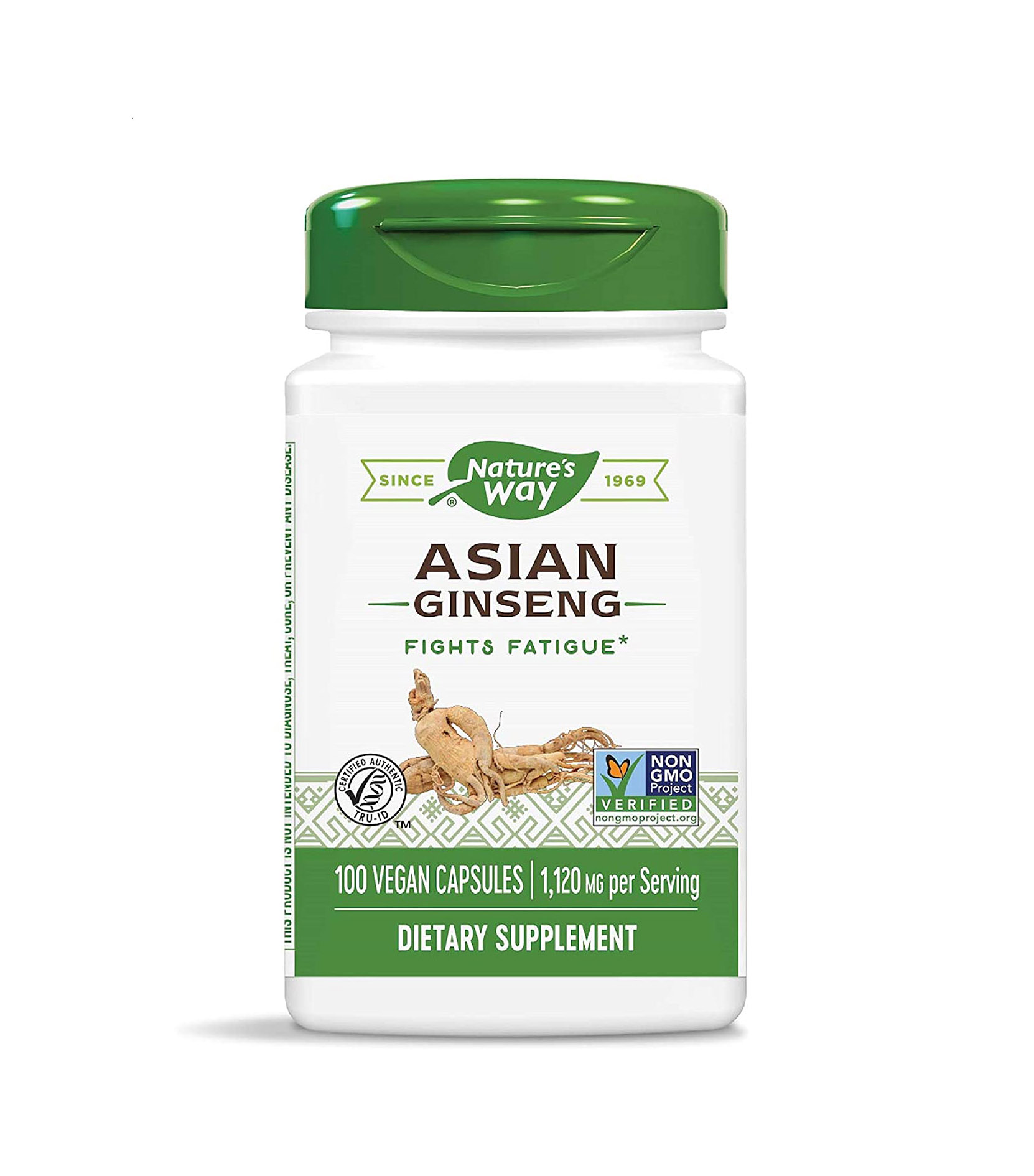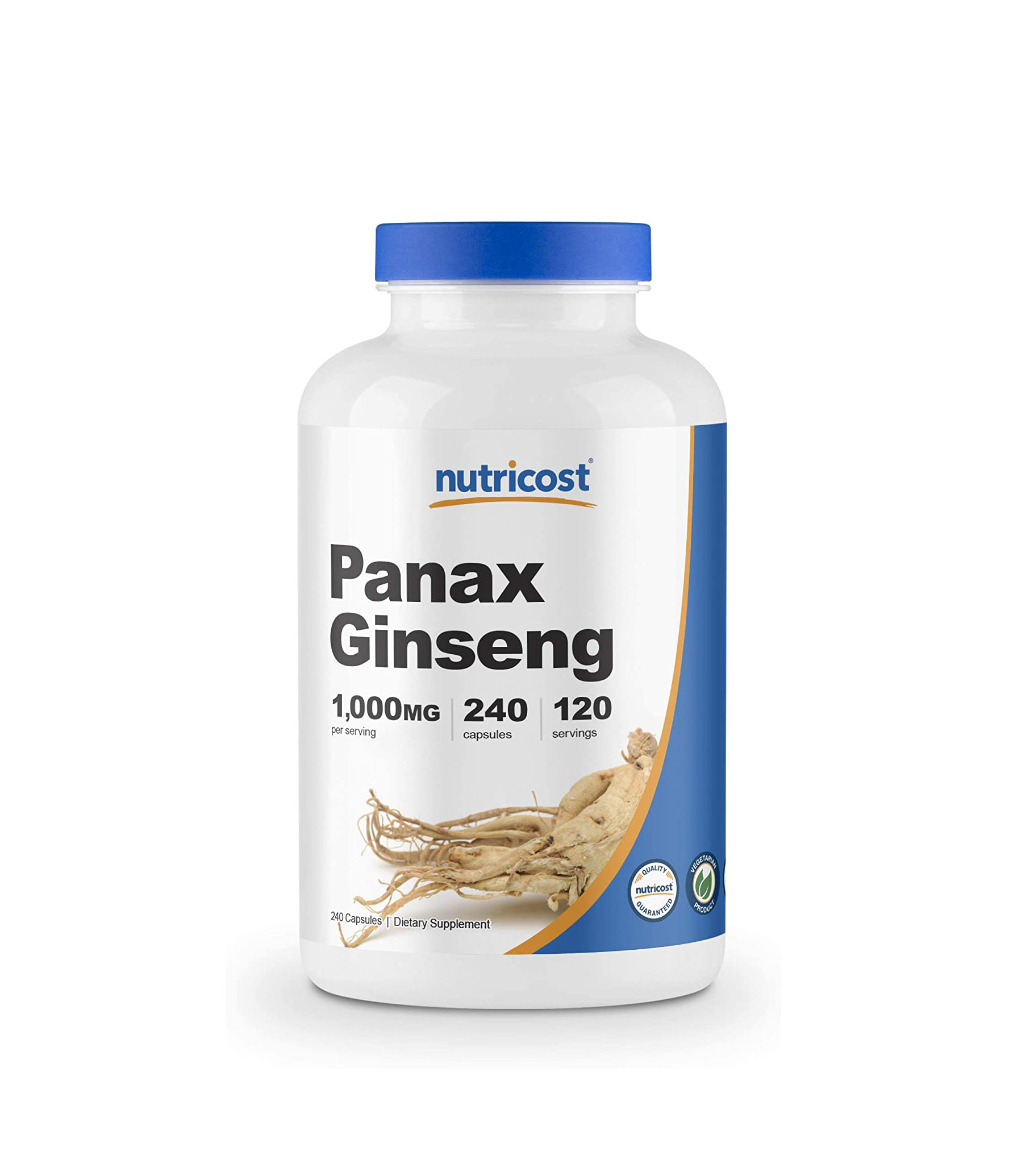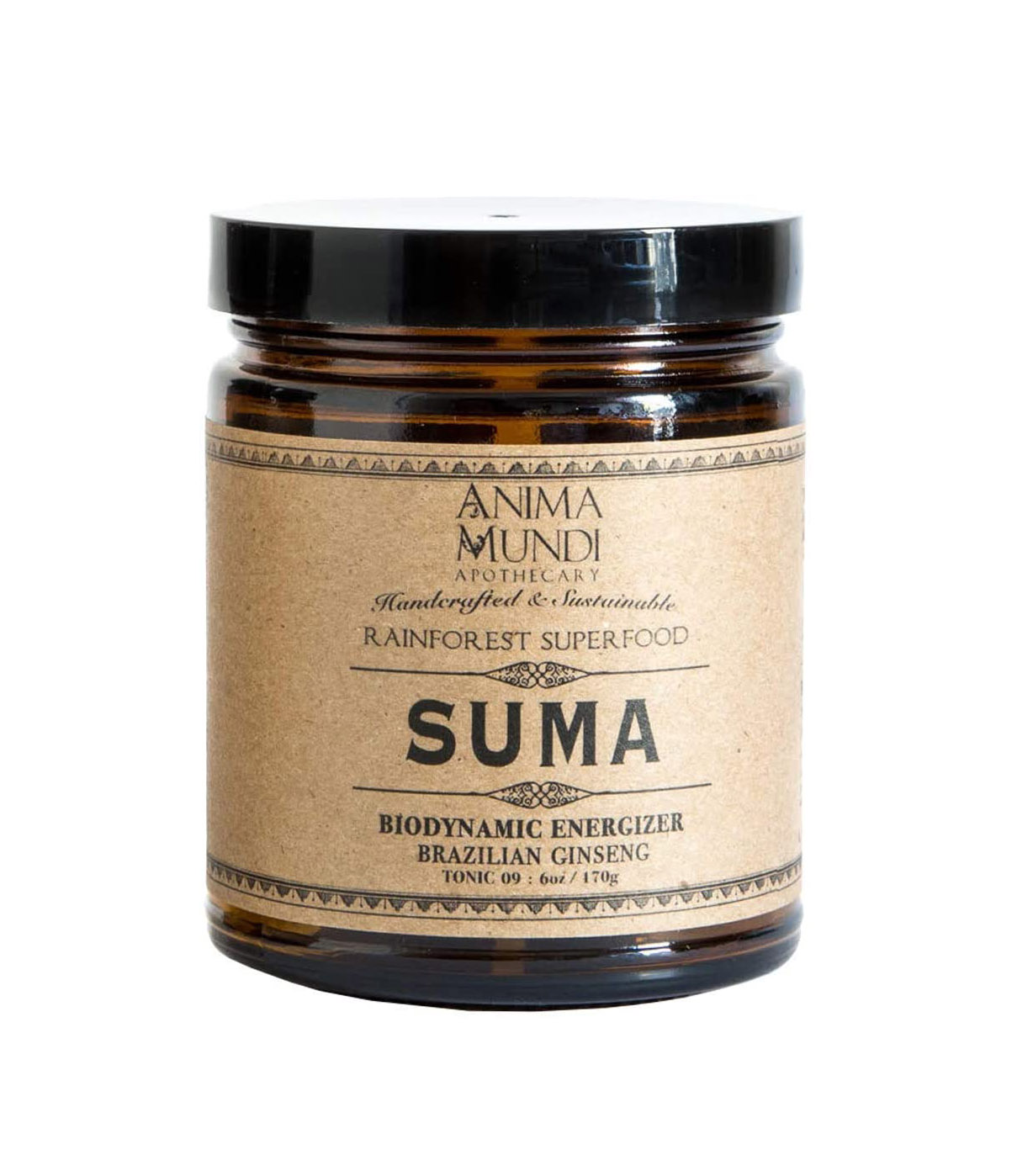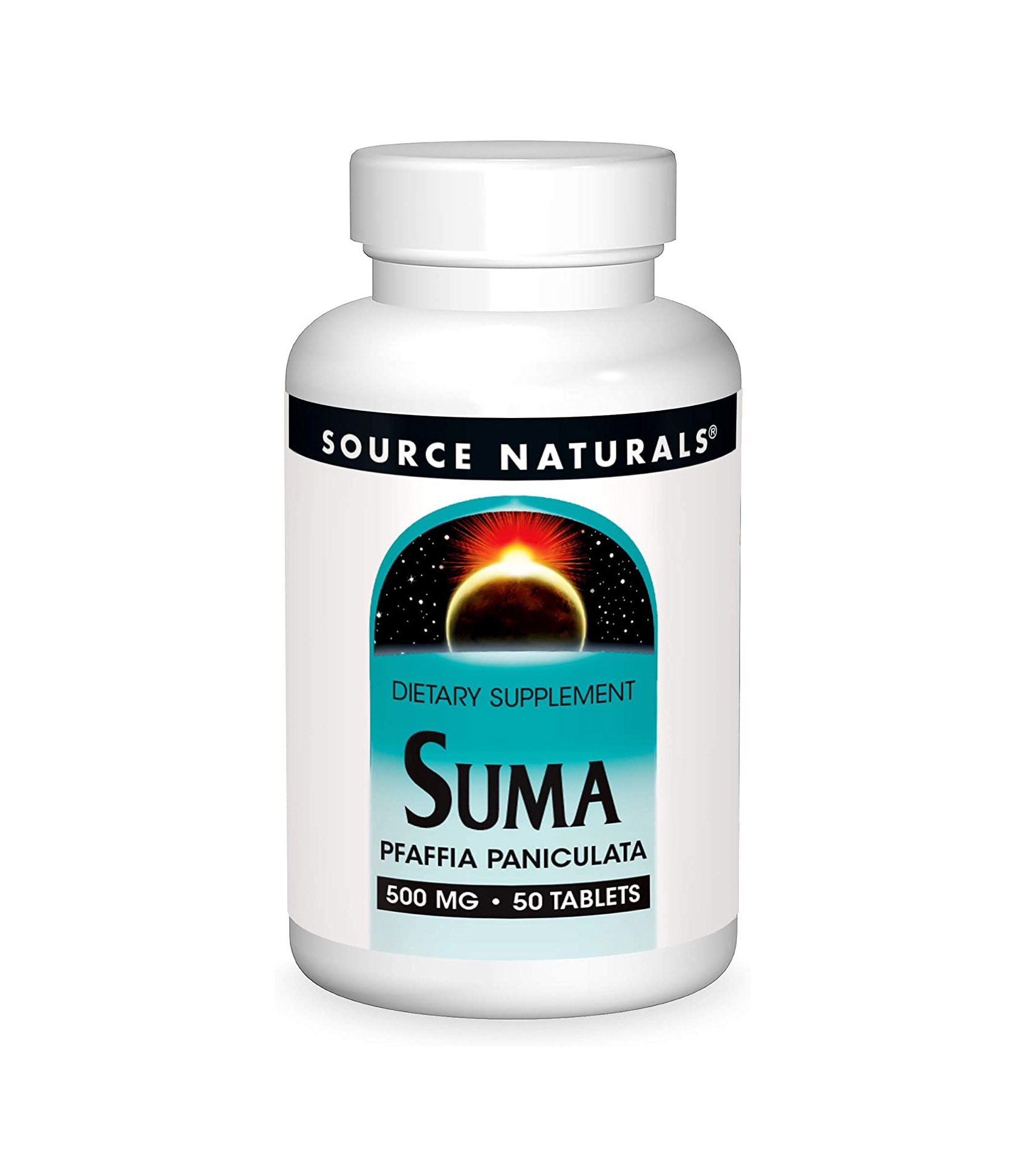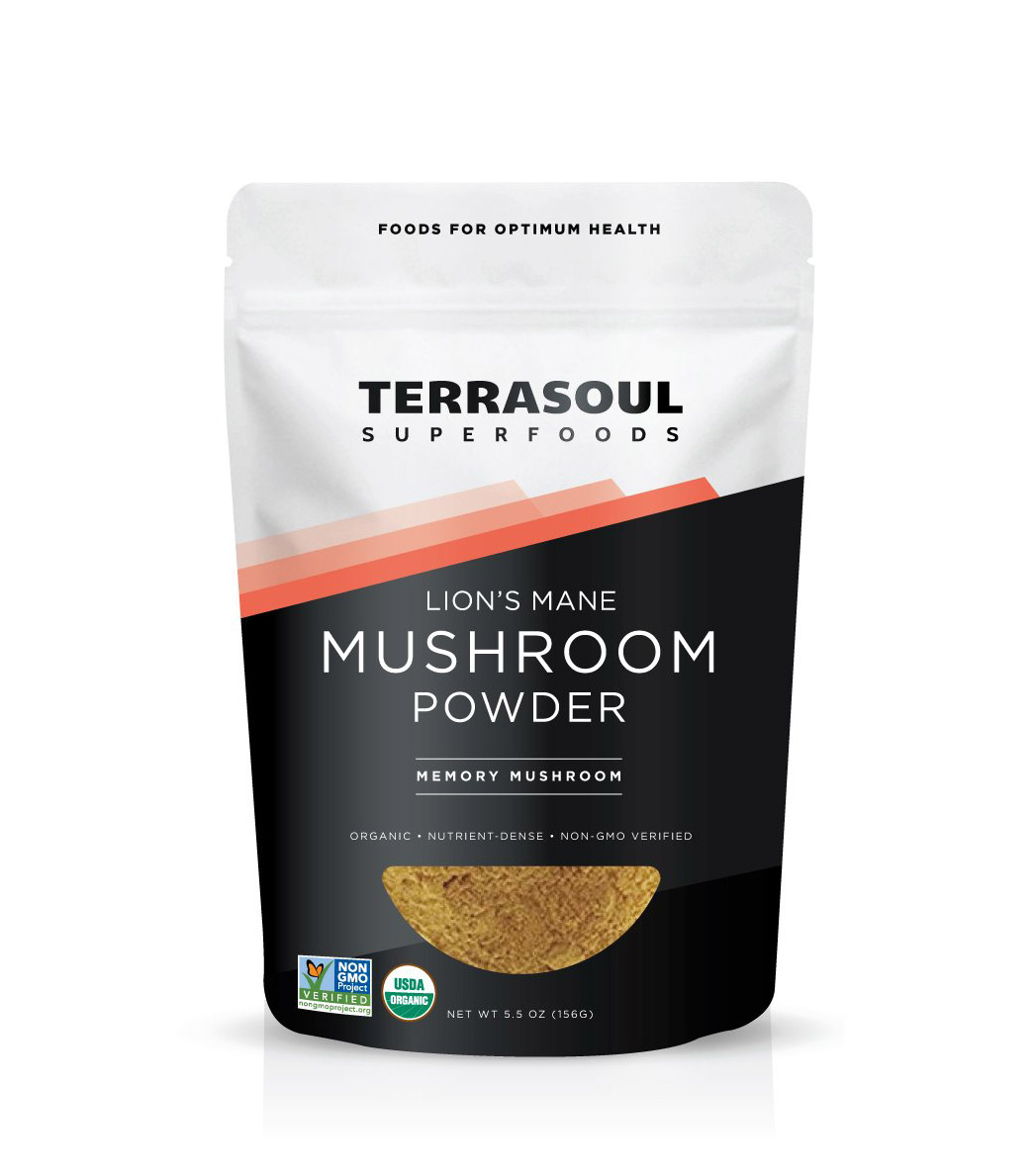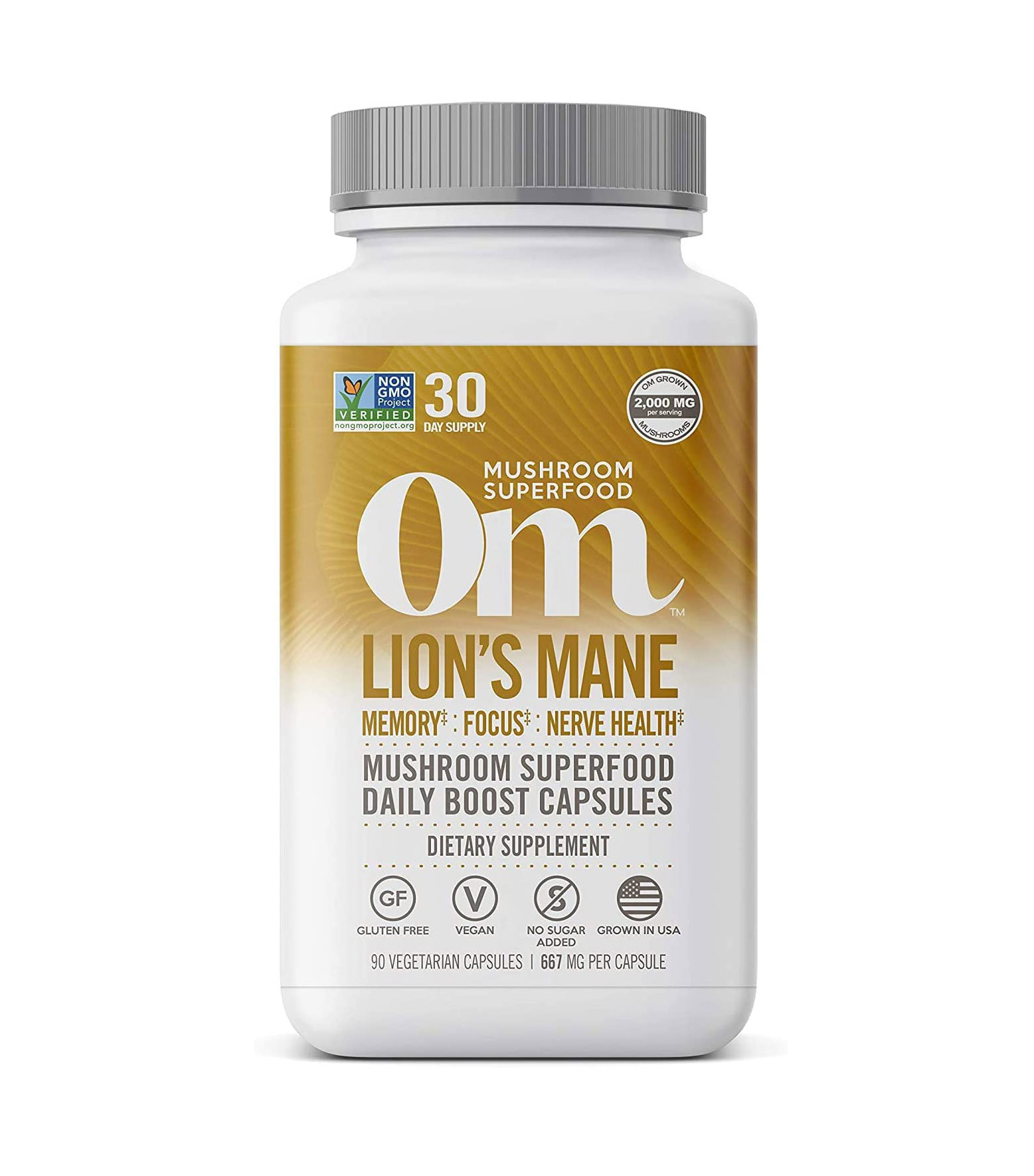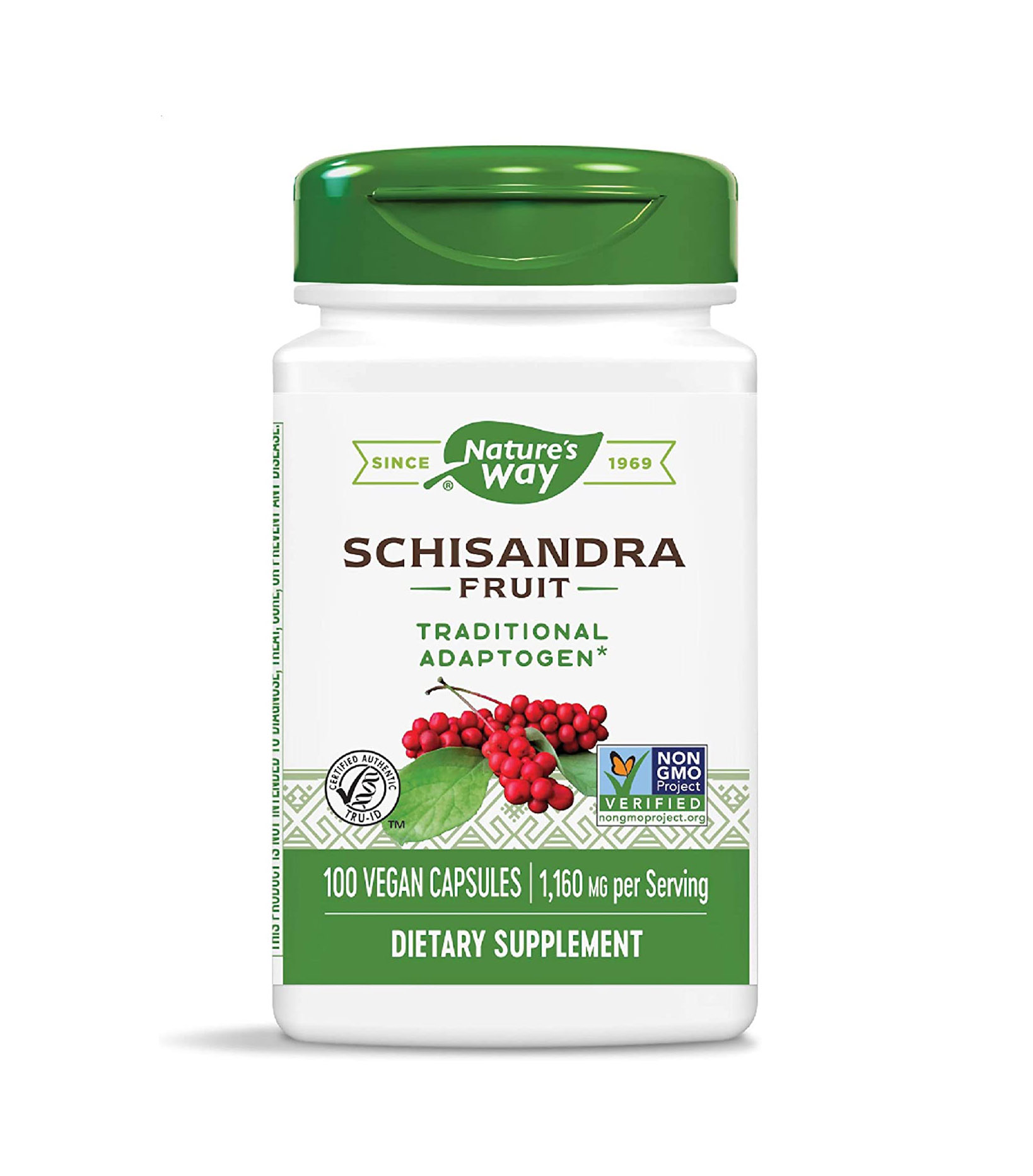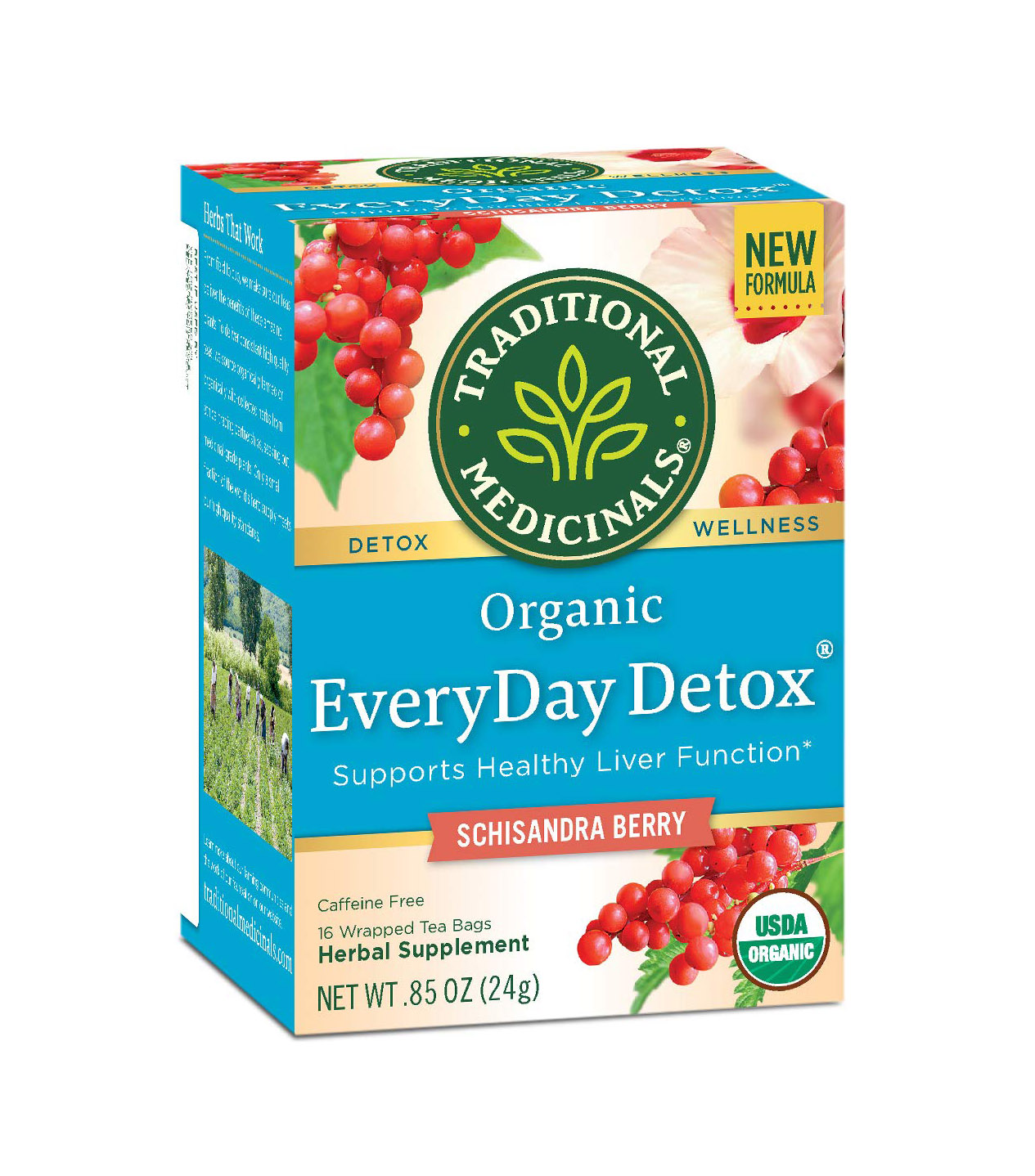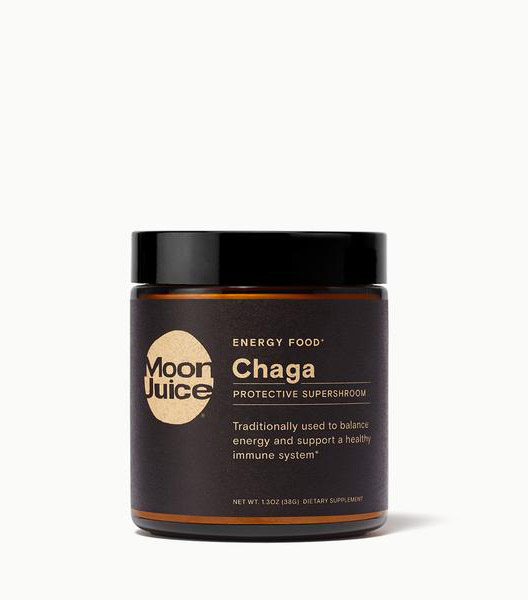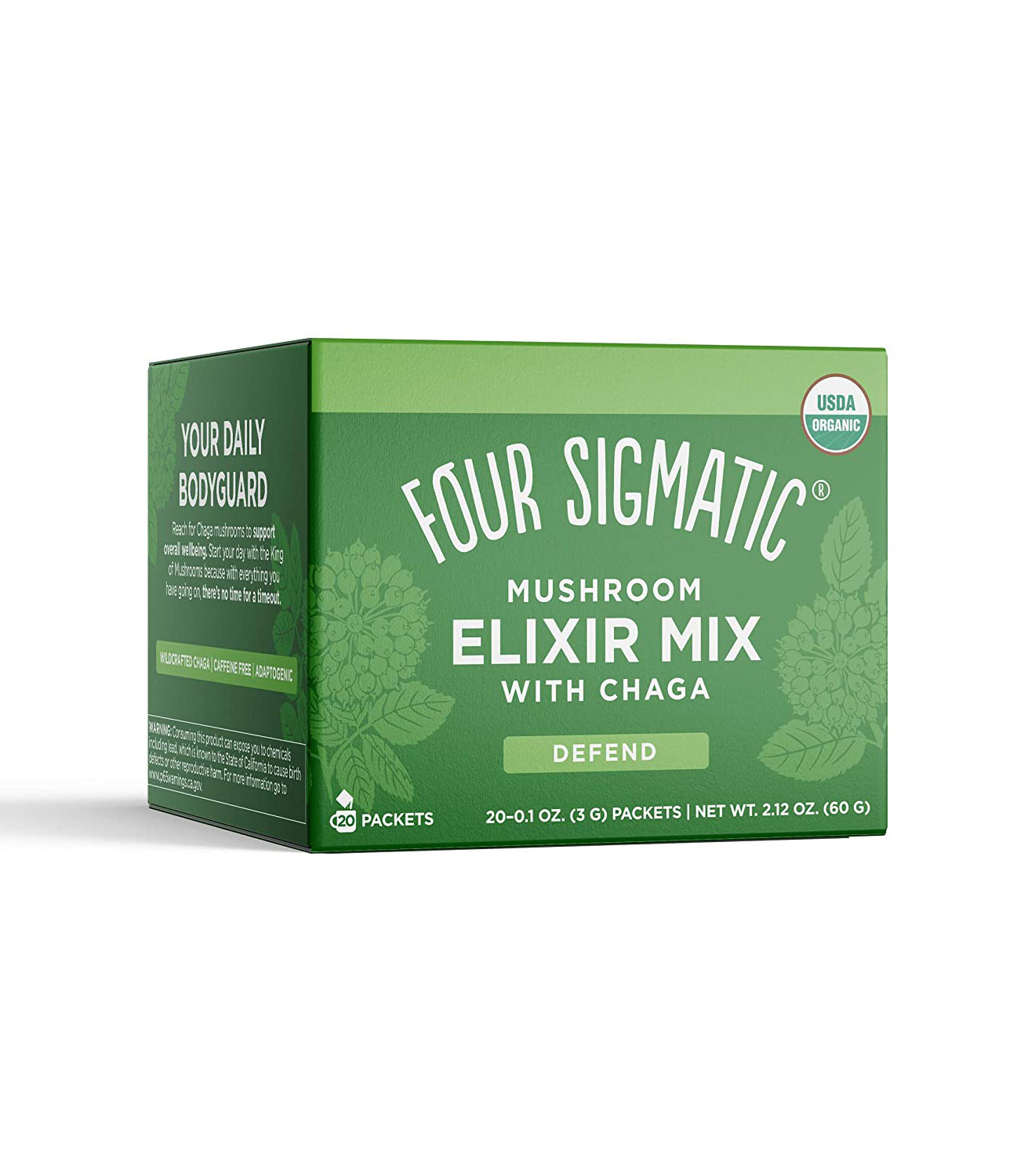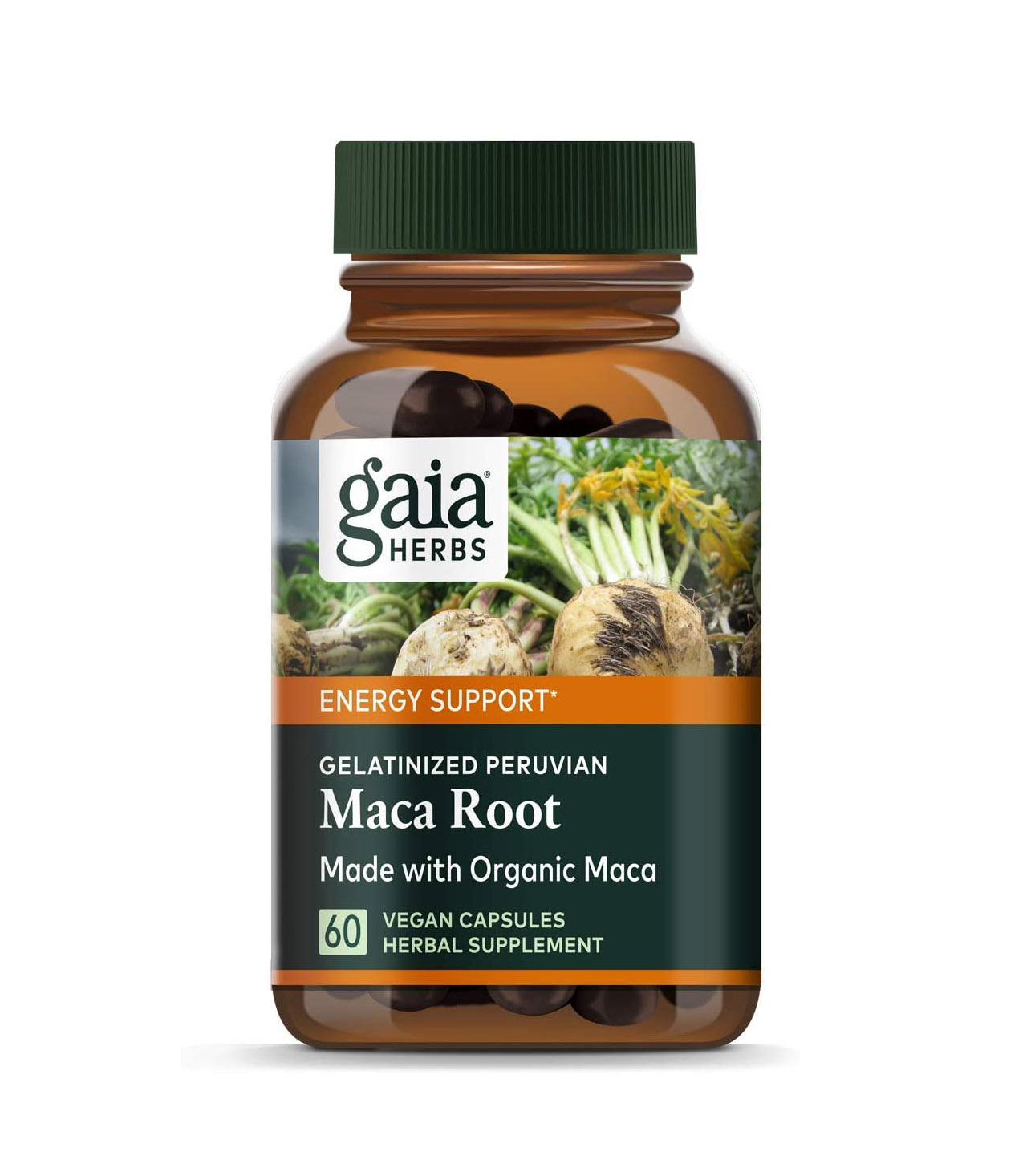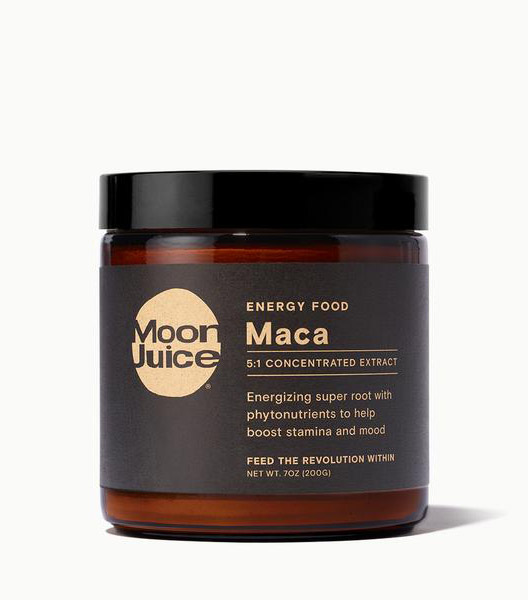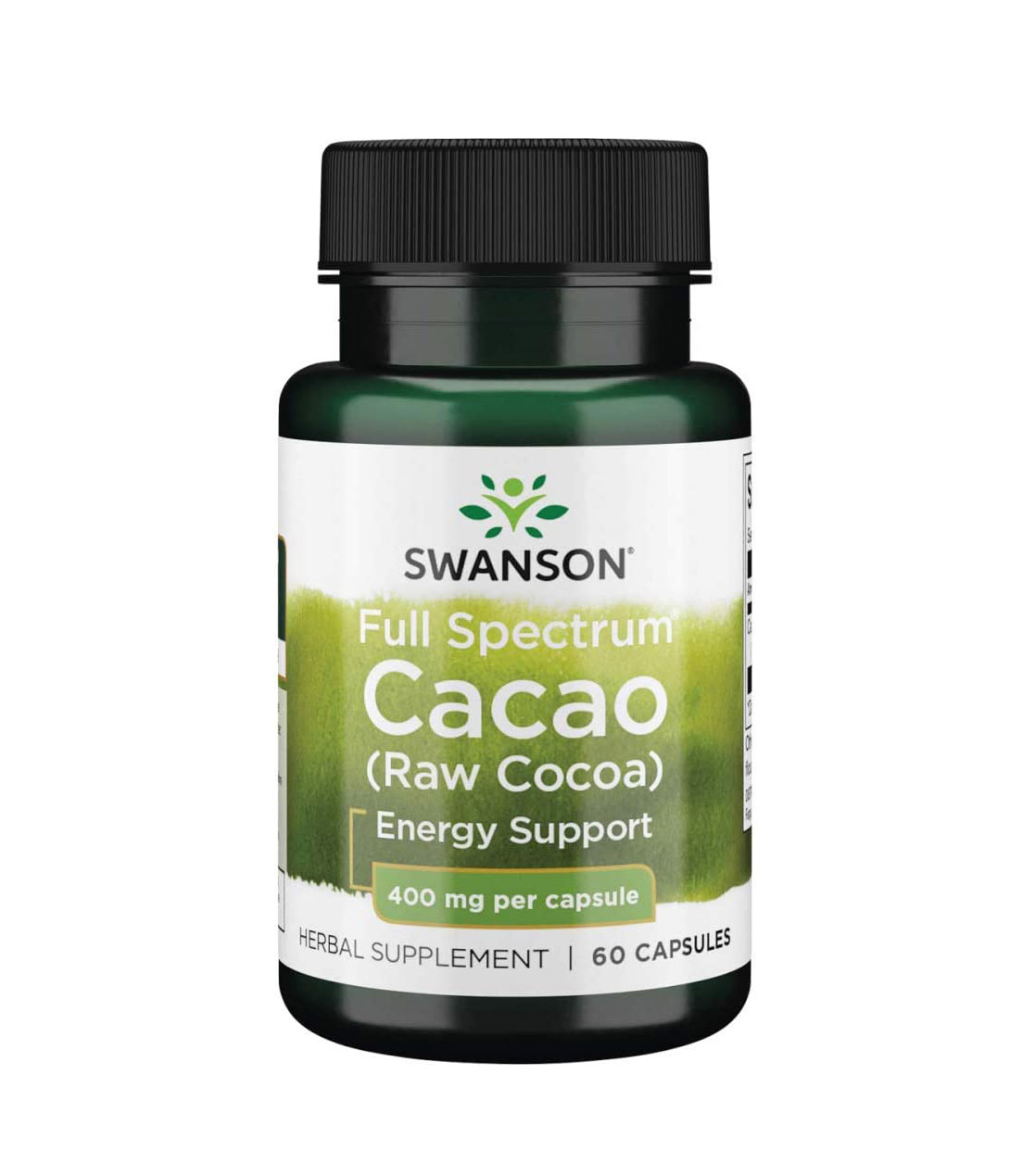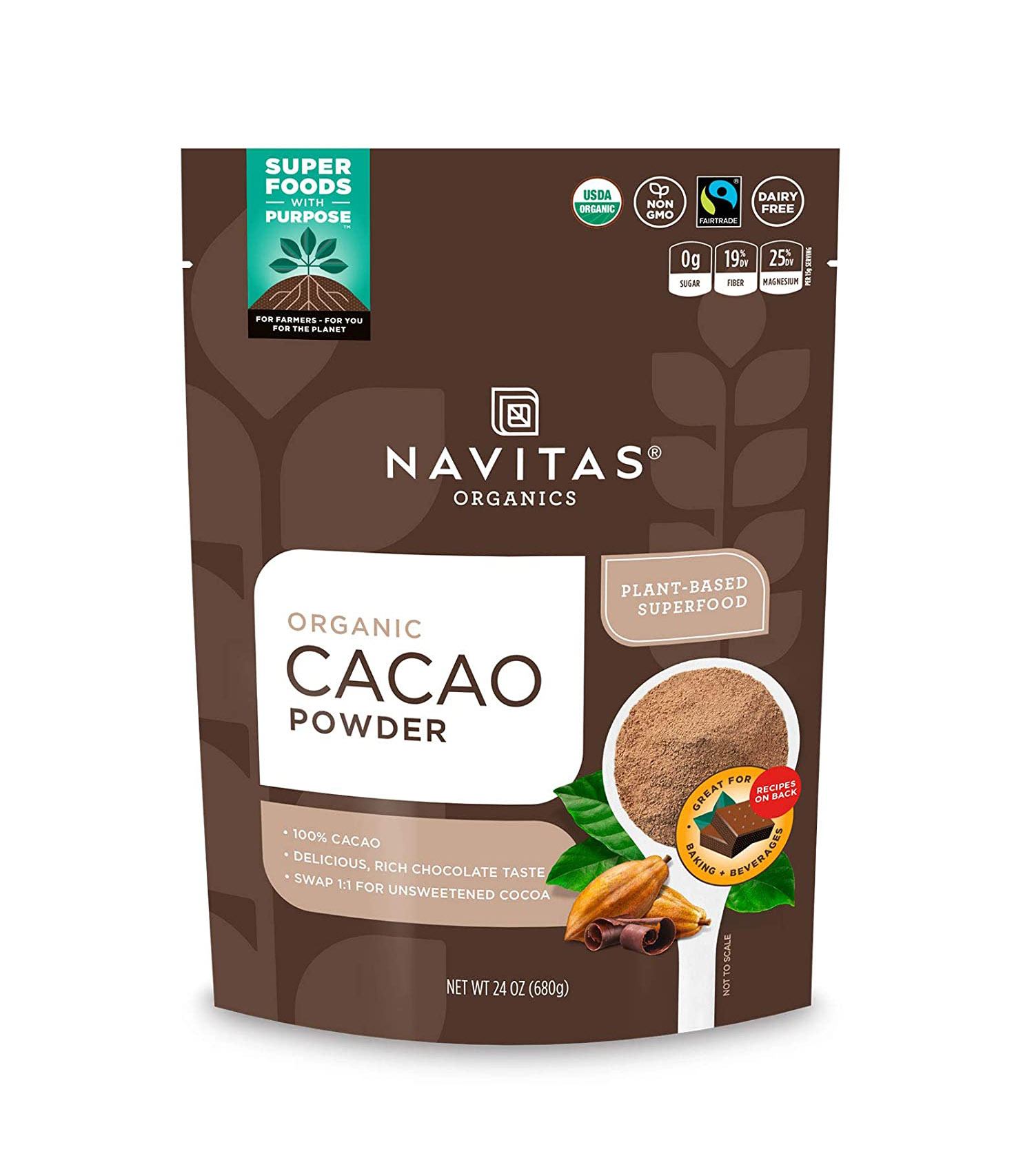If You Want More Energy, Add These Supplements to Your Routine

If you browsed the health-food section at your local supermarket, odds are you've come across adaptogens before. You may not have necessarily known they were adaptogens, as they come in a variety of forms—think herbs, mushrooms, and other foraged plants. Turns out, these from-the-earth goodies have been used medicinally for centuries in a variety of disciplines, according to Elizabeth Trattner, a doctor of Chinese and integrative medicine based in Miami.
With deep roots in a variety of ancient cultures, including Ayurveda, materia medica, and traditional Chinese medicine, Trattner loosely defines adaptogens as "a variety of herbs and plants that help the body regain homeostasis in times of stress that are incredible tools for those dealing with illness, stress, or overall well-being." Despite their rich history of use, however, adaptogens have maintained their relevance today, arguably benefitting from an even higher profile. Think about it: We're in the midst of an unprecedented pandemic, where stress levels are high and energy levels are low pretty much across the board. This is precisely why adaptogens for energy are having a moment right now.
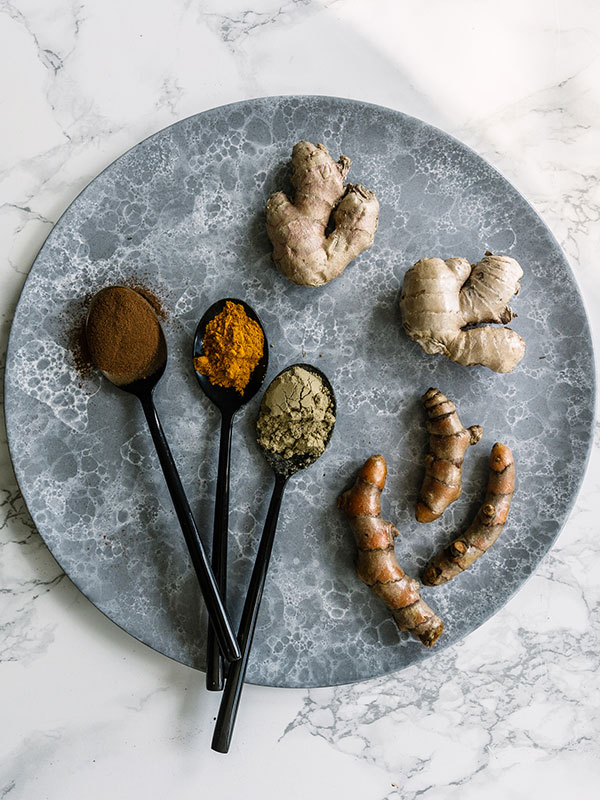
"If someone is under- or overproducing a particular hormone, as a form of adaptation to stressors—chemical, biological, emotional—adaptogens assist in activating particular neurotransmitters to assist in the modulation of a particular response that isn't perhaps aligned to that person's wholeness," says Adriana Ayales, owner and master herbalist at Anima Mundi Apothecary in Brooklyn, New York. "So if someone is, perhaps, excessively fatigued due to overproduction of long-term stress hormones, they might be uplifted with energy as the biochemical response of an adaptogen."
A good rule of thumb, as always, is to check with your doctor before starting any supplements. But think of this as your quick-start guide on what you need to know about the best adaptogens for energy.
1. Rhodiola
More commonly known as arctic root, rhodiola is a superstar adaptogen beloved for purportedly helping with a variety of conditions, including depression, anxiety, and seasonal affective disorder. "Since rhodiola helps balance brain chemicals such as serotonin, which makes you feel energized and happy, the root also helps you fight fatigue," says Ayales. Additionally, because of its boosting effects, Trattner suggests consuming this one by midday—at the latest—to avoid stimulation when you least need it.
2. Asian Ginseng
Asian ginseng, also known as Panax ginseng, boosts the immune system by helping fight off infection. Additionally, it has cardioprotective benefits due to its high antioxidant content, which also helps to regulate blood sugar and lower bad cholesterol. Studies show it helps lower blood pressure and helps with mental alertness and endurance. Ginsenosides may help lower blood sugar. Ginseng optimizes the body's overall health and well-being.
3. Cordyceps
"Cordyceps is a master tonic for the adrenals that works directly with the endocrine system and nervous system—not only facilitating homeostasis to our stress response but also renewing and restoring energy to our autonomic and central nervous system," explains Ayales. The Chinese restorative fungus, found often in powder or tincture form, alleviates accumulated fatigue and exhaustion, essentially pulsating the body with renewable energy, she adds. What's more, Trattner said it's been used in TCM for hundreds of years as an athletic-performance booster. She recommends consuming it as part of a multi-mushroom coffee.
4. Suma
Native to the Brazilian Amazon, suma—also known as Brazilian ginseng—"has been used as a food and medicine for hundreds, if not thousands, of years by indigenous people of the area," says Ayales. That's for good reason. It's got a seriously impressive nutrition profile, including 19 different amino acids, electrolytes, trace minerals, iron, magnesium, zinc, vitamins A, B1, B2, E, and K, and pantothenic acid. Both its ability to boost cellular oxygenation and its high iron levels are likely reasons the herb has energizing capabilities. Try blending the powder into warm nut or oat milk in the morning for an extra boost.
5. Lion's Mane
Okay, although lion's mane isn't going to give you a boost the way an espresso (or even the aforementioned adaptogens) will, Trattner notes that the wild mushroom is believed to help stimulate nerve growth and that it may improve mild cognitive impairment and memory. It's an excellent nootropic for clarity, focus, and energizing the brain, she adds.
6. Schisandra
Schisandra has a long history of use in traditional Chinese medicine to treat liver conditions and stomach disorders and as a tonic to improve vitality, according to Trattner. What's interesting about this berry derivative, though, is that it's generally considered a calming adaptogen despite actually having a double effect on the nervous system. Translation: Aside from chilling you out, schisandra can help increase focus and concentration while decreasing mental fog.
7. Chaga
A wild mushroom found among birch and beech trees, chaga has a slew of potent antioxidants, according to Trattner, which help to slow the aging process while also encouraging overall well-being. "Studies have also shown it to improve physical endurance as well," she adds. Trattner warns, however, that because it has the potential to lower blood sugar levels, diabetics should steer clear of the supplement. Trattner also adds that anyone currently dealing with autoimmune disorders should avoid chaga for its potentially exacerbating effects. But if you're given the green light to give chaga a try, look for it in its most commonly seen powdered form. It's often combined with fellow energizing adaptogenic mushrooms for an incredibly energizing coffee alternative.
8. Maca
Maca is known as an adaptogen, broadly supporting overall well-being and a healthy mood. There's a bit of unsupported buzz that it's an aphrodisiac, enhancing sexual desire in humans and domestic animals. With a nutrient profile including trace minerals of copper, iodine, zinc, and iron along with vitamin C, fatty acids, and amino acids, it's hard to find a good reason to not give maca a try. (I've been adding a tablespoon to my morning coffee since reporting this feature.) "It's also been purported that maca increases strength and stamina, but no human studies have been conducted to evaluate its use," says Ayales.
9. Cacao
With literally 40 times the amount of antioxidants in a single serving of cacao powder than in blueberries, cacao unfairly gets a bad rep from its association with cocoa and, therefore, chocolate. But it's quite healthy, and thanks to its caffeine and a gentle stimulant known as theobromine, cacao can be a delicious way to boost your energy levels in a short amount of time, says Trattner. Right now, I'm obsessed with tossing the nibs on almond butter toast, but the possibilities are pretty much endless.
This article is provided for informational purposes only and is not intended to be used in the place of advice of your physician or other medical professionals. You should always consult with your doctor or healthcare provider first with any health-related questions.
